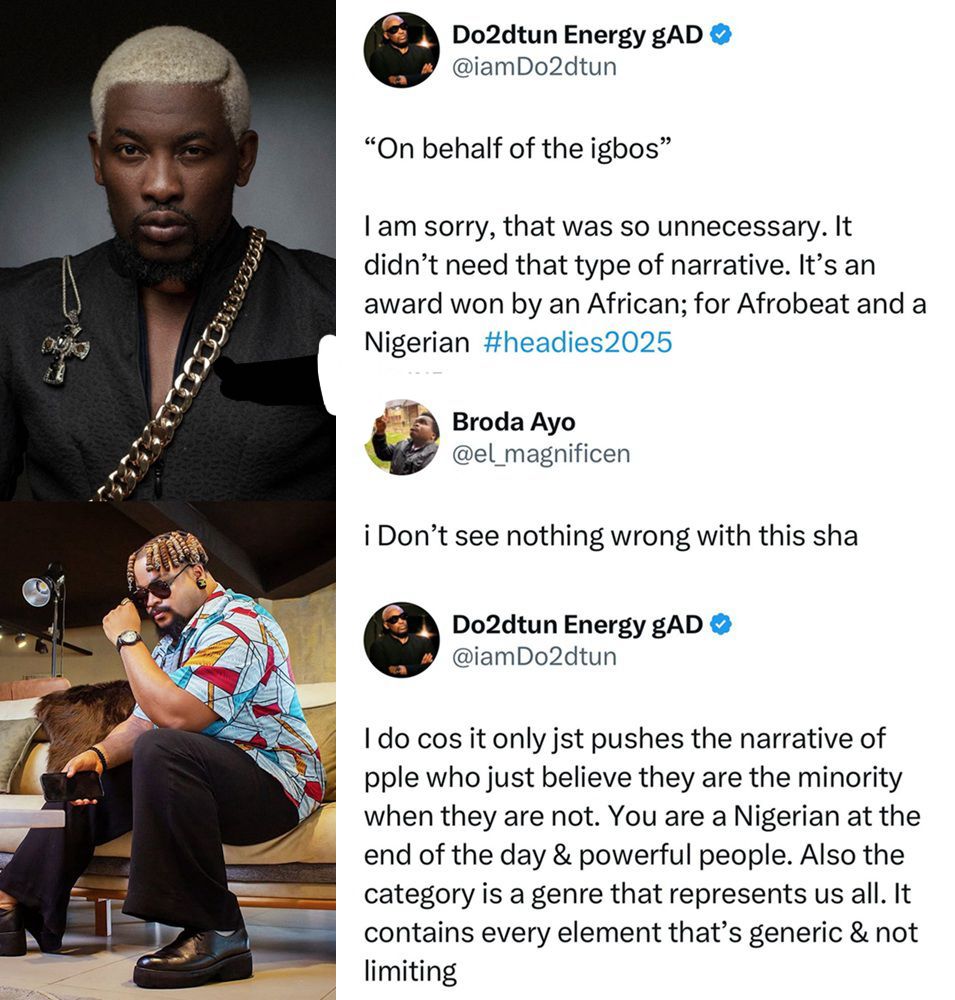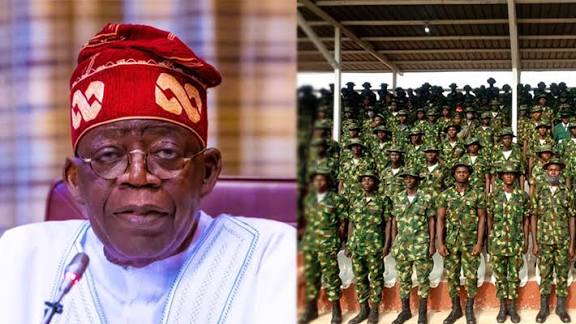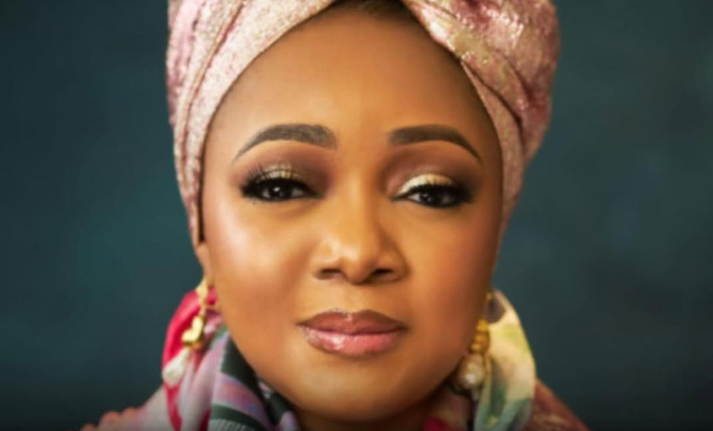
OAP Dotun Criticizes Whitemoney Over Flavour’s Award Acceptance Speech: "That Was So Unnecessary"

Nigerian media personality and on-air presenter, Dotun, popularly known as Do2dtun or the Energy gAD, has called out reality star and singer Whitemoney over his controversial acceptance speech at the recently held Headies Awards 2025. The drama unfolded after Whitemoney, while accepting an award on behalf of Afrobeat star Flavour, dedicated the win "to the Igbos," a move that Dotun quickly slammed as unnecessary and divisive.
The Headies 2025 ceremony, which was supposed to be a night of celebration for Nigerian music and its global achievements, took a sharp political turn when Whitemoney took the stage to accept Flavour’s award, given Flavour’s absence. While many expected a simple thank-you speech, Whitemoney’s decision to emphasize ethnic identity by saying "on behalf of the Igbos" immediately sparked mixed reactions both online and offline.
Dotun wasted no time in expressing his displeasure. Taking to X (formerly known as Twitter), he wrote, "On behalf of the Igbos... I am sorry, that was so unnecessary. It didn’t need that type of narrative. It’s an award won by an African; for Afrobeat and a Nigerian." His comments quickly gained traction, sparking a heated debate among fans, celebrities, and cultural commentators about ethnicity, national identity, and the politics of representation in the entertainment industry.
While some social media users like Broda Ayo (@el_magnificen) downplayed the situation, tweeting, "I don't see nothing wrong with this sha," Dotun stood firm on his position. "I do," he replied, "because it only just pushes the narrative of people who just believe they are the minority when they are not. You are a Nigerian at the end of the day & powerful people. Also, the category is a genre that represents us all. It contains every element that's generic & not limiting."
Dotun’s reaction highlights a growing sensitivity among Nigerian audiences and public figures regarding how ethnic identities are invoked, especially on national and international platforms. To many, the Headies Awards, and indeed Afrobeat as a genre, represent a collective Nigerian achievement, transcending ethnic lines and promoting unity in diversity. In that light, Whitemoney’s speech was seen by critics as potentially reinforcing unnecessary divisions at a time when the country’s fragile unity needs more nurturing than ever.
However, supporters of Whitemoney argue that his remarks were meant as a heartfelt shout-out to his roots, and not a calculated move to sow division. According to them, there is nothing wrong in acknowledging one’s ethnic background, especially in moments of pride and achievement. For a figure like Flavour, whose music heavily draws from Igbo culture and tradition, a nod to his heritage could be seen as perfectly fitting, they insist.
Still, the timing and setting of Whitemoney’s comments are what many, including Dotun, find problematic. With the Headies gaining increased international visibility, some believe it is important for Nigerians to present a united front, showcasing the country's rich, multifaceted culture without fragmenting it along ethnic lines. The perception that an award in a pan-African, globally-celebrated genre like Afrobeat should be dedicated solely to an ethnic group could, they argue, dilute the message of unity and shared ownership of Nigeria’s cultural success.
The debate has since spiraled into broader conversations about identity politics in Nigeria’s entertainment space. In a country with over 250 ethnic groups, where political and social fault lines are often drawn along tribal affiliations, entertainers are increasingly finding themselves under pressure to navigate these identities carefully, especially when addressing wide audiences. The fear, as Dotun articulated, is that repeated emphasis on ethnic divisions could entrench feelings of "otherness" and undermine national solidarity.
For Whitemoney, this controversy adds another layer to his already colorful post-Big Brother Naija career. Known for his easygoing personality and connection to grassroots culture, Whitemoney has often been celebrated for his relatability. But this latest incident shows how delicate public perceptions can be, and how even well-meaning gestures can be misinterpreted or criticized in a politically charged environment.
Dotun, on his part, has continued to maintain that his critique was not born out of malice but from a genuine desire to see Nigeria rise above divisive sentiments. "At the end of the day, it’s about us all as Nigerians," he emphasized in follow-up posts, insisting that the focus should be on the collective progress of Nigerian music and culture, not on sectional pride.
Interestingly, neither Whitemoney nor Flavour has issued any formal statement addressing the backlash. This silence has left room for speculation, with some interpreting it as an acknowledgment of the controversy, while others see it as a strategic decision to avoid inflaming tensions further. Meanwhile, the Headies organizers have kept a tight lid on the matter, perhaps hoping to let the dust settle naturally without official intervention.
As the debate rages on, many Nigerians are left pondering the fine line between celebrating one's roots and promoting national unity. In a society as diverse as Nigeria’s, questions about identity, representation, and unity are bound to surface, especially when the global spotlight is shining bright. What this latest episode underscores is that Nigerian entertainers, now more than ever, must be mindful of the power of their words—and the unintended ripple effects they can cause.
The Whitemoney-Do2dtun clash may be dismissed by some as a storm in a teacup, but in reality, it reflects deeper issues within Nigeria’s evolving cultural conversation. It challenges both celebrities and fans to think critically about what it means to be Nigerian and how best to represent the nation’s diversity in a way that unites rather than divides. In the end, beyond the headlines and hot takes, the hope is that such dialogues will lead to a more conscious, inclusive, and proudly united entertainment industry that continues to shine on the world stage.


